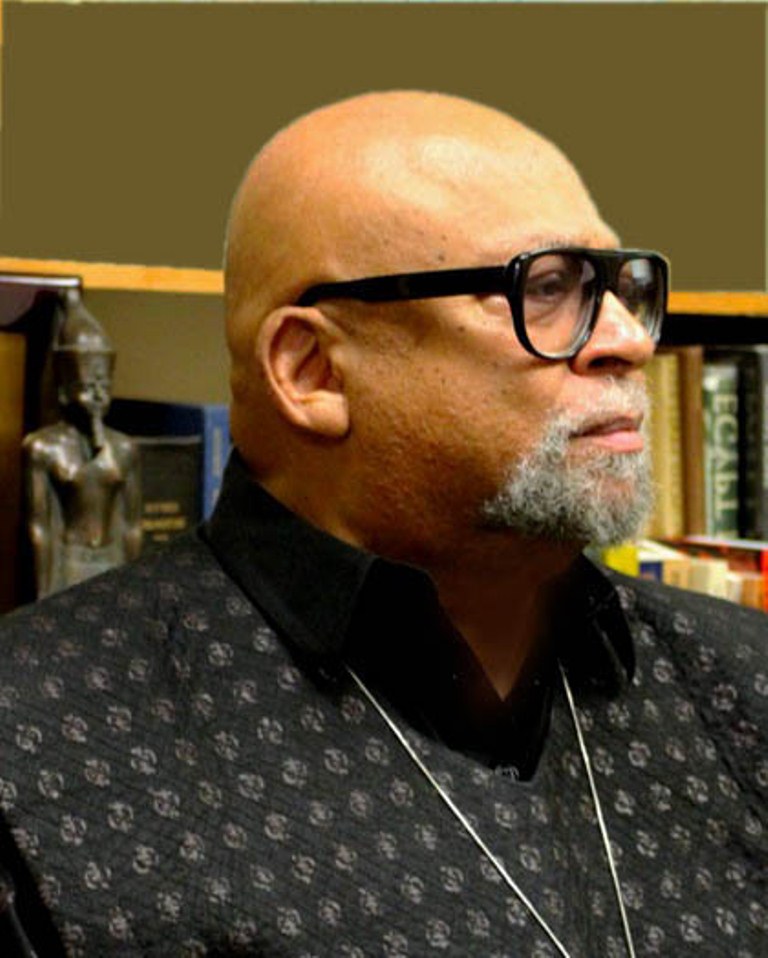
Considering King In Critical Times: Daring to Oppose War and Practice Peace
As we weave our way through the daily dose of lies and illusions, hype, hatred and hypocrisy from the White House, we must constantly question and be actively concerned about the relative sanity and real danger of those who continuously fake “imminent threats” and cry wolf to make war, and then try to wash away their sins of savagery with the dishonest indictment and blood of others.





